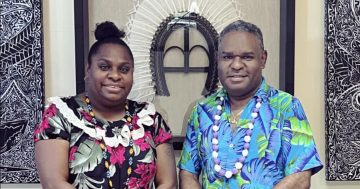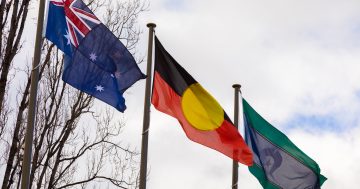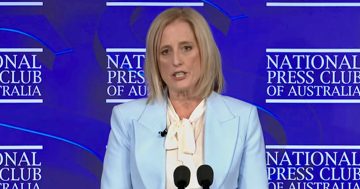 The Queensland Audit Office has examined the effectiveness of Queensland Health’s strategies to improve health outcomes for First Nations people, finding it needs clearer actions to address inequities.
The Queensland Audit Office has examined the effectiveness of Queensland Health’s strategies to improve health outcomes for First Nations people, finding it needs clearer actions to address inequities.
In a statement accompanying its audit report, the Agency said there was a gap between the health outcomes experienced by First Nations Queenslanders and other Queenslanders, particularly in outer regional and remote areas.
“Queensland Health has committed to address these health inequities. To do so, services must be tailored to First Nations people, to meet their specific health needs,” the Agency said.
“Each hospital and health service (HHS) recently formalised this commitment in health equity strategies.”
It said these documents were developed in close partnership with communities and First Nations stakeholders in each region.
“Most health equity strategies commit to broad and ambitious objectives, but do not contain enough detail to explain how the objectives will be achieved,” the Agency said.
“Each HHS is now publishing health equity strategy implementation plans. It is crucial these set out clear and detailed actions to achieve each health equity commitment.”
It said without a clear plan, Queensland Health risked failing to meet its equity commitments and damaging its relationship with First Nations communities.
“Queensland Health must improve how it delivers culturally appropriate care…delivering services that respond to the needs of First Nations people,” it said.
The Audit Report made six recommendations, suggesting improvements in how each HHS implemented its health equity strategies.
“We also recommend the Department of Health works closely with the HHSs to improve how they deliver culturally appropriate care and help First Nations people access health services,” the Audit Office said.











